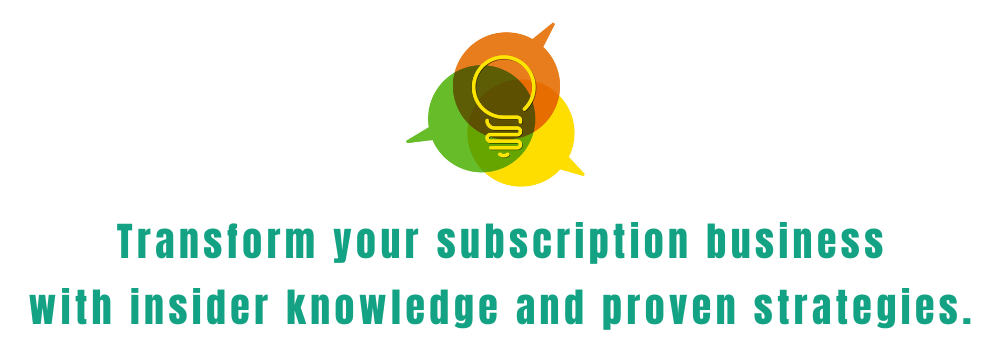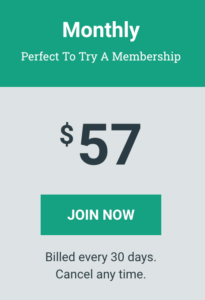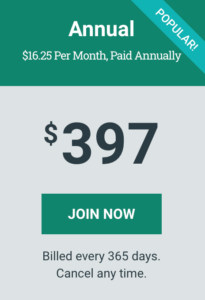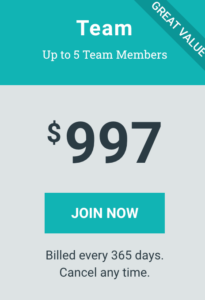
Online Cooking School Uses High-Quality Videos to Attract Members and Land Partnerships
Lorem ipsum dolor sit amet, consectetur adipiscing elit. Ut elit tellus, luctus nec ullamcorper mattis, pulvinar dapibus leo.
Quick Overview
Founded in 2005, Rouxbe provides classic culinary school training through online videos. Not just another recipe or cooking tips site, the team of trained chefs and film industry veterans creates high-quality videos, quizzes, and instructor feedback to teach subscribers the fundamentals of cooking. CEO Paul Bloom tells Insider how they create those videos, and how limiting free content on the site has opened up new content partnership deals with third-party sites -- their best...
HELLO!
This premium article is exclusively reserved for Subscription Insider PRO members.
Want access to premium member-only content like this article? Plus, conference discounts and other benefits? We deliver the information you need, for improved decision-making, skills, and subscription business profitability. Check out these membership options!
Learn more about Subscription Insider PRO memberships!
Already a Subscription Insider PRO Member?
Please Log-In Here!
- Filed in Case Studies, Subscriber Acquisition, Subscriber Only








